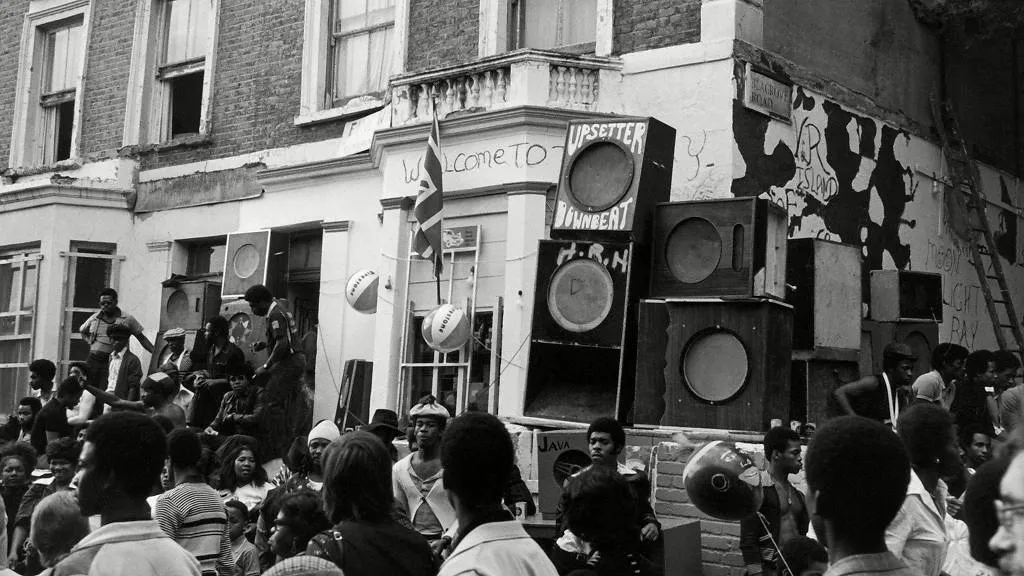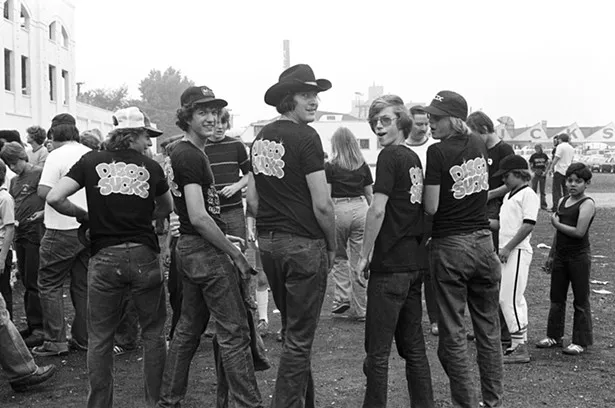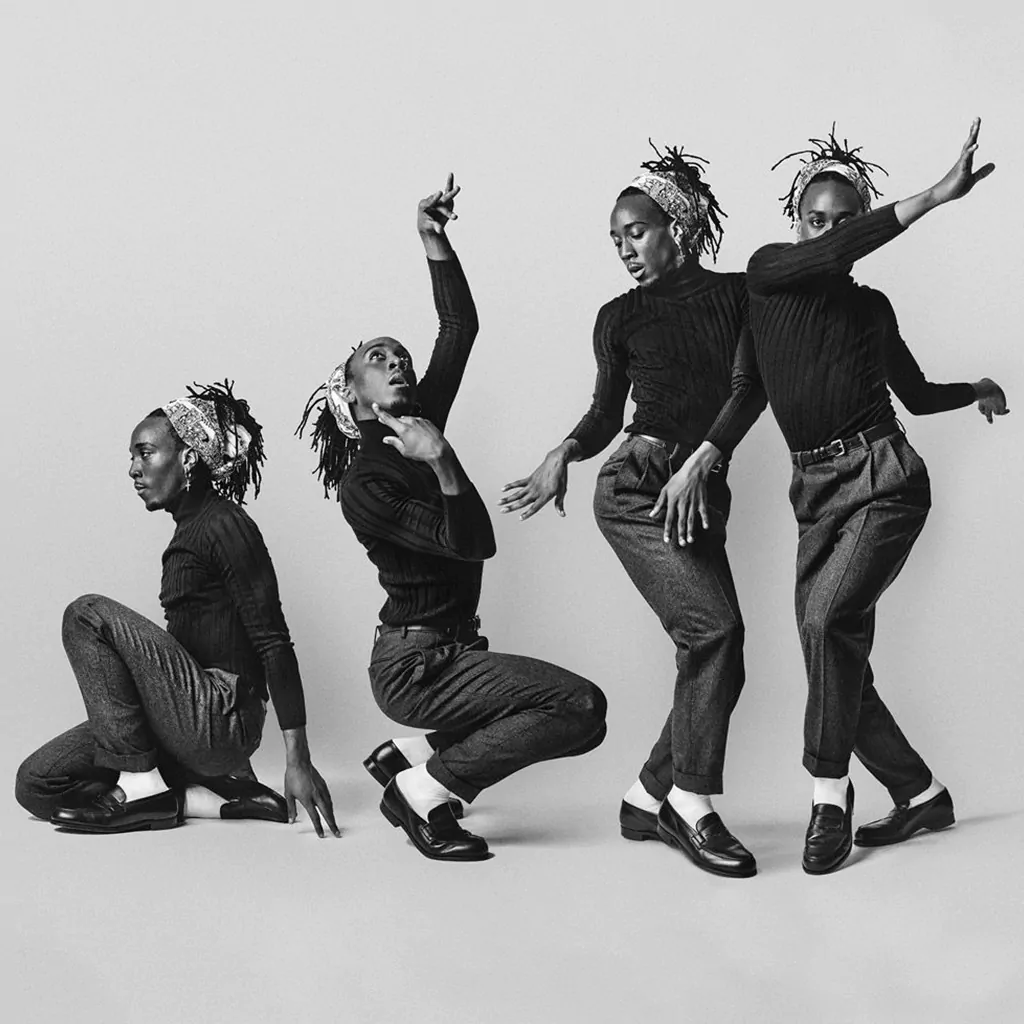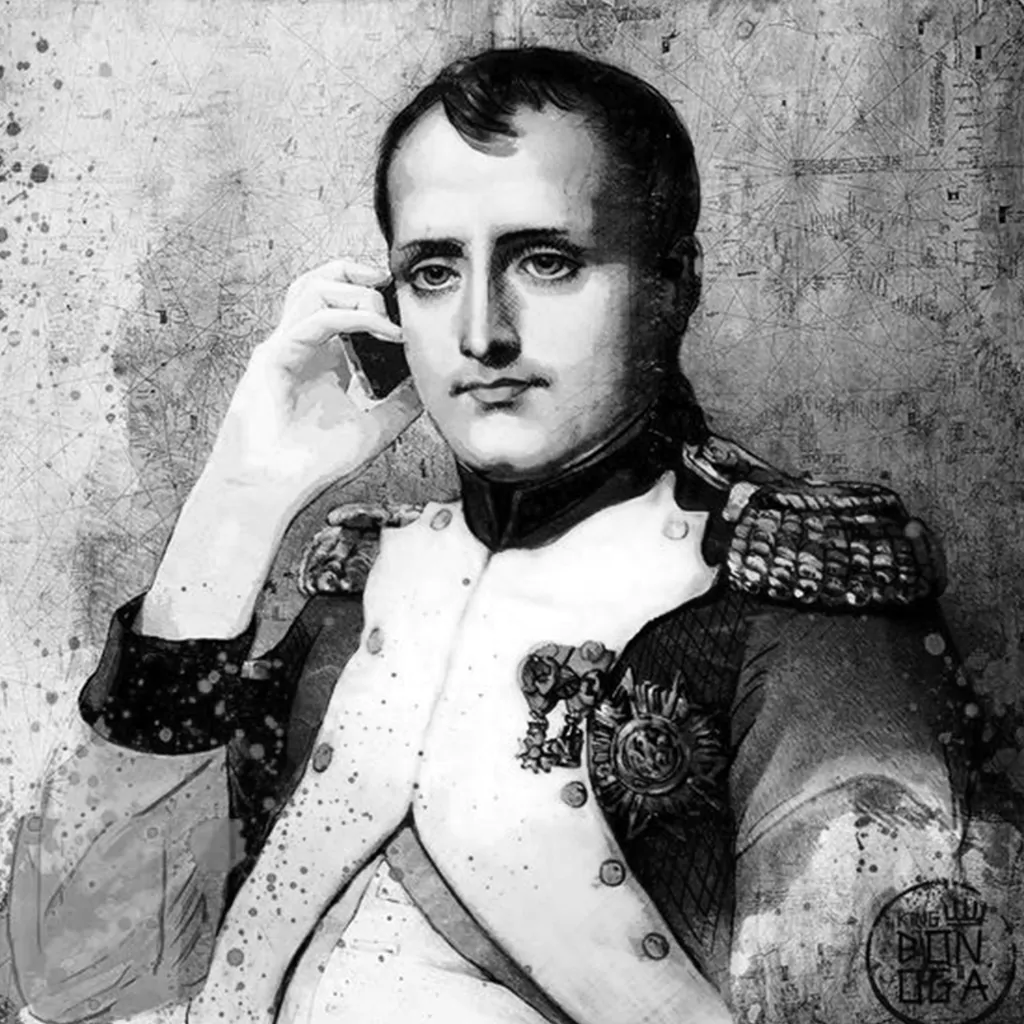Love is Love, Isn’t It?

Welcome to the wonderfully diverse world of LGBTIQ history. This is a history filled with inspiring social movements that have impacted the USA and the world at large. From Stonewall to Marriage Equality, these movements have been pushing boundaries and breaking ground for decades. So get ready to be inspired, enriched, and educated as we take a journey through the complex and fascinating world of LGBTIQ history, and why it’s such a hot and important political topic today.
Walking with Pride Around the World
The LGBTIQ community has a rich and diverse history, characterized by social movements that have fought for equality, representation, and acceptance. From the Stonewall riots to Pride events around the world, this community has come a long way in gaining recognition for its rights. However, there remain parts of the world where LGBTIQ people face discrimination and oppression, where cultural and religious beliefs shape attitudes toward these individuals.
The Journey Toward Equality for the Queer Community in the USA
The LGBTIQ social movements in the USA are reminiscent of the Stonewall riots in 1969, where members of the LGBTIQ community in New York City protested against police brutality and discrimination. Today, Pride events take place around the world and are a celebration of how far the community has come in gaining equal rights and representation.
Here are some significant milestones for the community in the USA:
1. The Stonewall Riots (1969): A series of demonstrations and protests by members of the LGBTIQ community in New York City following a police raid on the Stonewall Inn. It is widely considered the catalyst for the LGBTIQ rights movement.
2. The Gay Rights National Lobby (1976): Established to advocate for LGBTIQ rights on a national level, this organization focused on issues such as adoption rights, discrimination, and marriage equality.
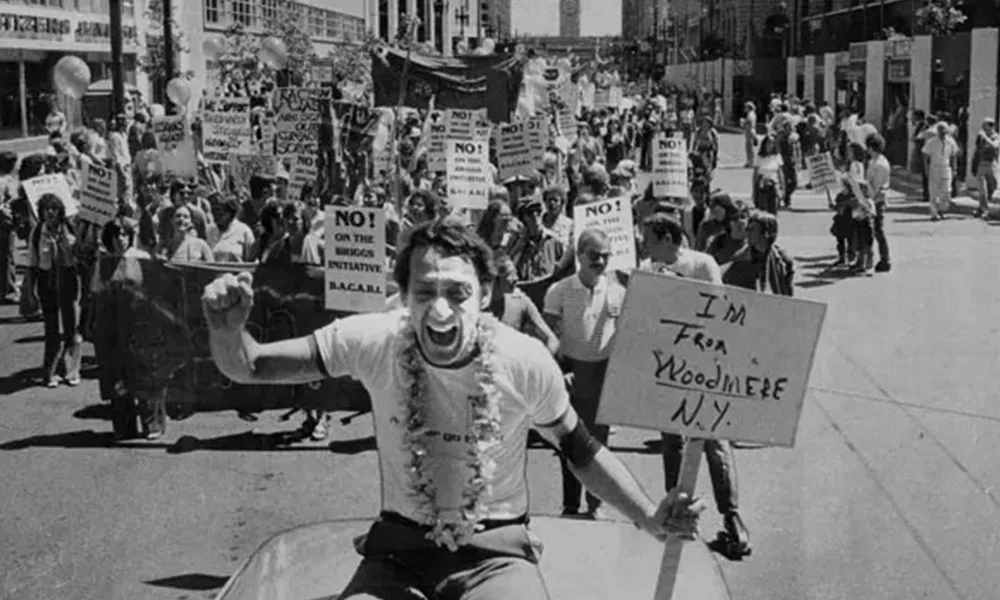
3. The AIDS Epidemic (1980s): The emergence of the AIDS epidemic had a devastating impact on the LGBTIQ community. It was during this time that HIV/AIDS activism emerged, with organizations such as ACT UP and the NAMES Project Foundation working to raise awareness and support for those affected.
4. The Matthew Shepard and James Byrd, Jr. Hate Crimes Prevention Act (2009): This legislation expanded the federal hate crime law to include crimes motivated by a victim’s actual or perceived gender identity or sexual orientation.
5. The U.S. Supreme Court Rulings (2013-2015): In 2013, the Supreme Court struck down the Defense of Marriage Act, and in 2015, it legalized same-sex marriage across the country.
The movements in the USA have influenced and inspired other countries to follow suit, including Australia, Canada, and the UK, which have also made progress in recognizing LGBTIQ rights. Though there is still work to be done, it is important to acknowledge the progress that has been made while keeping in mind that the journey to equal rights is ongoing.

Eastern Realities: Conflicts, Controversies, and Challenges for the Queer
While the LGBTIQ social movements have made significant progress in the West, the Eastern world struggles with conflicts, controversies, and challenges for the queer. Cultural and religious beliefs are the main factors that shape attitudes toward LGBTIQ people, creating an environment of oppression and discrimination. Nevertheless, various advocacy and activism efforts in some countries have made significant progress in recent years.
In India, for instance, the Supreme Court repealed Section 377 of the penal code that criminalizes homosexuality in 2018. Meanwhile, “Helem,” an anti-homophobia organization, provides a range of services for the thriving LGBTIQ community in Lebanon. However, in Iran, same-sex conduct can result in death for those convicted. Similarly, homosexuality is illegal in Saudi Arabia and is punishable by death. Social norms and religious traditions play a significant role in shaping attitudes towards LGBTQ+ people in Saudi Arabia, making the fight for equality an uphill struggle.
It’s difficult to predict what the future holds for the Eastern world’s LGBTQ+ movement, but it’s essential to continue advocating for equality and representation. It’s a fight that is far from over, but the progress made and the resilience of the LGBTQ+ community can serve as inspiration to continue pressing on with hope.
A Progressive Progress: Current Discussions
Currently, there are many political discussions surrounding the rights and representation of the LGBTIQ community.
The TERF Tribe: Mapping the Fault lines of Gender Identity Debate
One of the most significant debates is around trans-exclusionary radical feminists (TERFs). TERFs argue that trans women are not real women and that allowing them to access women-only spaces is dangerous and discriminatory toward cisgender women. This debate has become increasingly heated in recent years, with some feminists being accused of transphobia for their views.
Don’t Be A Phobe! The Rise of Political Correctness
Political correctness is also a topic of discussion regarding the LGBTIQ community. Some people argue that the language used to describe gender and sexuality is constantly changing, making it difficult for individuals to keep up. While many see this shift as a positive thing, allowing people to express their gender and sexuality in a way that feels authentic, others argue that the constantly changing language is restrictive and confusing.
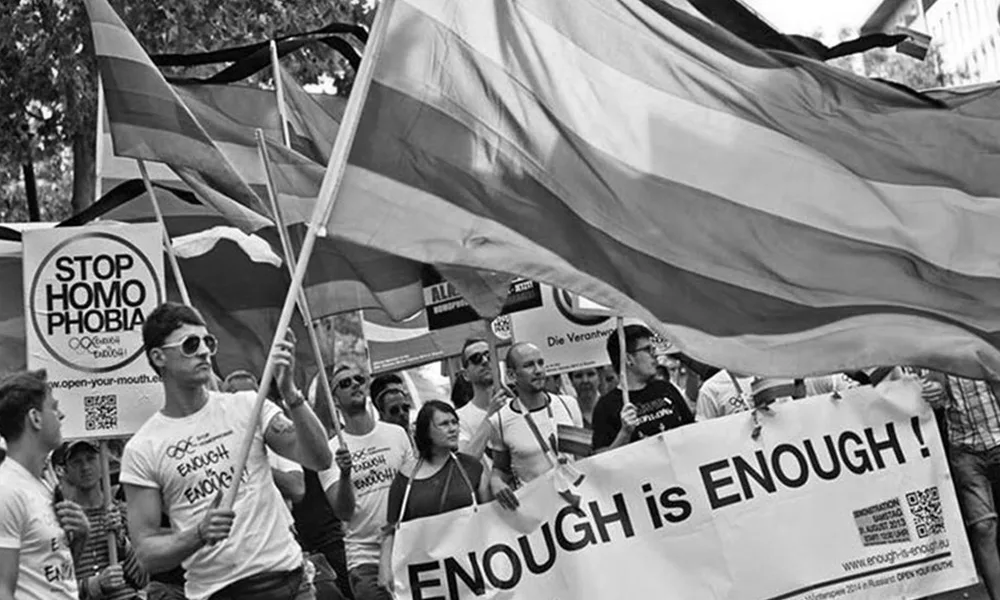
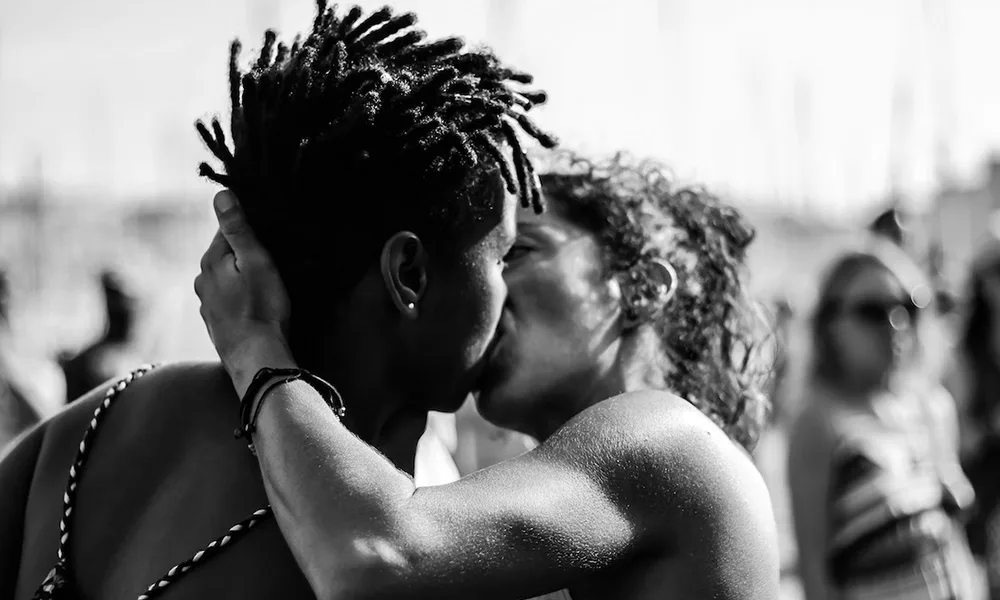
“Woke culture” is used to describe a new era of political correctness, where people are becoming more aware of systemic discrimination and are actively working to dismantle it. However, some critics argue that this trend has gone too far, with people being called out for minor offenses and cancel culture being used to silence dissenting voices.
In conclusion, the LGBTIQ history is inherently political, reflecting the ongoing struggle for equal rights and representation for a marginalized group in society. The progress made historically is evidence of the importance of political action and advocacy to achieve equality.
However, the ongoing struggle highlights the importance of staying politically engaged and vigilant, ensuring that marginalized groups have representation and protection of their rights. The TERF discussion demonstrates how issues that intersect with LGBTIQ rights intersect with broader political issues and are often steeped in controversy.

Longing For Better Content?
No one belongs here more than you do.
Read thought-provoking articles that dissect everything from politics to societal norms. Explore critical perspectives on politics and the world around us.
Want more?
Also, you can follow us on Instagram




